Politician Viktor Adler founded and led the Austrian Social Democratic Party. He was born into an affluent family in Prague on June 24, 1852, at the height of the Austro-Hungarian Empire. As a young man he moved to Vienna, where at 29 he obtained a medical degree.
During his university days he began to affiliate with German nationalists. He pulled away from the movement when it began taking on an anti-Semitic slant. He then traveled throughout Europe. In 1883 he met Friedrich Engels in London. Engels was a colleague of Marx and one of the fathers of international socialism.
When Adler returned to Austria, he focused his attention on politics and the social-democratic movement in Austro-Hungary. He sensed that internal division, in part a result of the empire’s vastness and diversity, made a mockery of unity. The empire included Austrians, Bohemians, Hungarians, and Slavs. Adler came up with a platform that called for getting socialists from all over the empire involved. He sought to transform the empire into a federation capable of providing its citizens in different areas with their own autonomy.
In 1886, he founded the socialist newspaper Gleichheit, which meant “equality.” Three years later, however, the newspaper was banned. It was replaced by Arbeiter Zeitung, “The Workers’ Paper,” which Adler ran until his death.
His political activism and role as an organizer culminated in 1888 with the foundation of the Social Democratic Workers’ Party of Austria. The next year, the party came of age. Adler was asked to participate in the Second International, a global meeting involving socialist parties from all over the world.
At 53, Adler was elected to the Austrian parliament. He skillfully negotiated his country’s monarch into agreeing to universal suffrage. This success broadened his party’s appeal, and in 1907 it won 87 seats in parliament, becoming the second most important political force in Austria.
With the outbreak of World War One, Adler and his party advocated entering the war in support of Germany.
The outcome of the war dramatically changed the European balance of power. When the war ended in 1918, the Austro-Hungarian Empire was dissolved, and with it the Habsburg Monarchy. The door was opened to a postwar republic run by a provisional government. Adler was named Secretary of State for Foreign Affairs.
His tenure was brief. Already gravely ill, Viktor Adler died in Vienna on November 11, 1918. He was 66.
During his university days he began to affiliate with German nationalists. He pulled away from the movement when it began taking on an anti-Semitic slant. He then traveled throughout Europe. In 1883 he met Friedrich Engels in London. Engels was a colleague of Marx and one of the fathers of international socialism.
When Adler returned to Austria, he focused his attention on politics and the social-democratic movement in Austro-Hungary. He sensed that internal division, in part a result of the empire’s vastness and diversity, made a mockery of unity. The empire included Austrians, Bohemians, Hungarians, and Slavs. Adler came up with a platform that called for getting socialists from all over the empire involved. He sought to transform the empire into a federation capable of providing its citizens in different areas with their own autonomy.
In 1886, he founded the socialist newspaper Gleichheit, which meant “equality.” Three years later, however, the newspaper was banned. It was replaced by Arbeiter Zeitung, “The Workers’ Paper,” which Adler ran until his death.
His political activism and role as an organizer culminated in 1888 with the foundation of the Social Democratic Workers’ Party of Austria. The next year, the party came of age. Adler was asked to participate in the Second International, a global meeting involving socialist parties from all over the world.
At 53, Adler was elected to the Austrian parliament. He skillfully negotiated his country’s monarch into agreeing to universal suffrage. This success broadened his party’s appeal, and in 1907 it won 87 seats in parliament, becoming the second most important political force in Austria.
With the outbreak of World War One, Adler and his party advocated entering the war in support of Germany.
The outcome of the war dramatically changed the European balance of power. When the war ended in 1918, the Austro-Hungarian Empire was dissolved, and with it the Habsburg Monarchy. The door was opened to a postwar republic run by a provisional government. Adler was named Secretary of State for Foreign Affairs.
His tenure was brief. Already gravely ill, Viktor Adler died in Vienna on November 11, 1918. He was 66.
RELATED
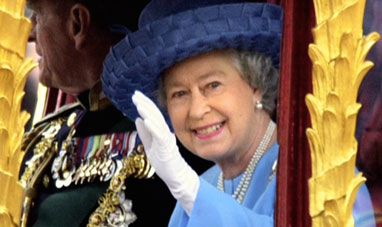

ELIZABETH II
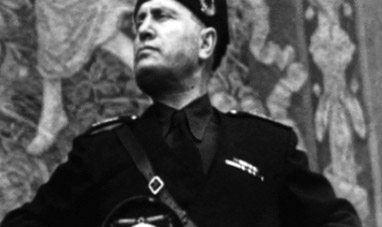

BENITO MUSSOLINI
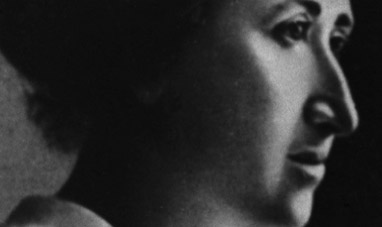

ROSA LUXEMBURG
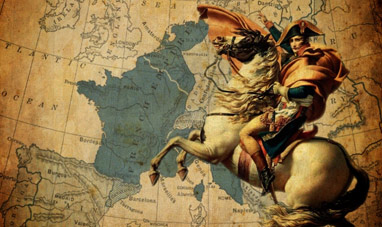

NAPOLEON BONAPARTE


HADRIAN
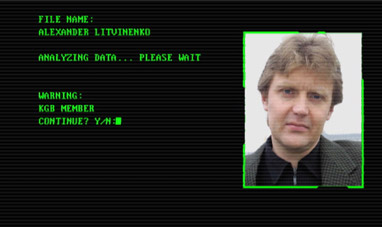

ALEKSANDR LITVINENKO
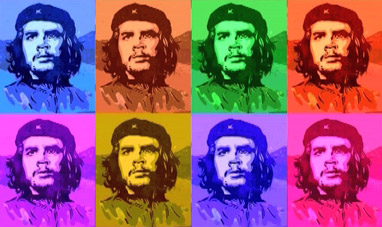

CHE GUEVARA
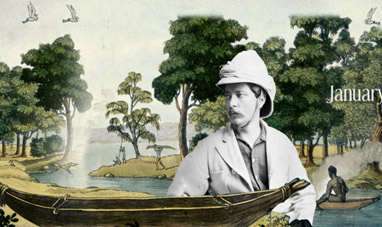

HENRY MORTON STANLEY
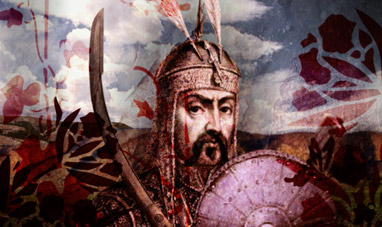

GENGHIS KHAN
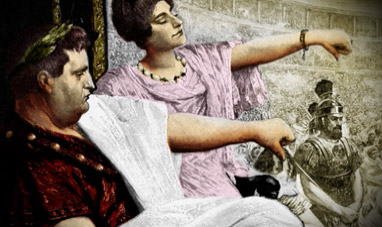

NERO
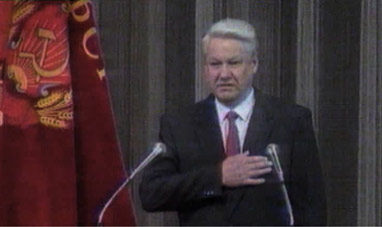

BORIS YELTSIN
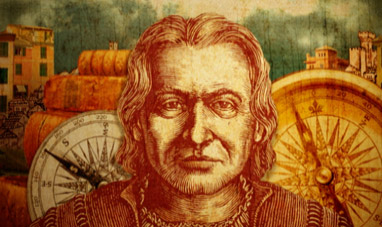

COLUMBUS, CHRISTOPHER
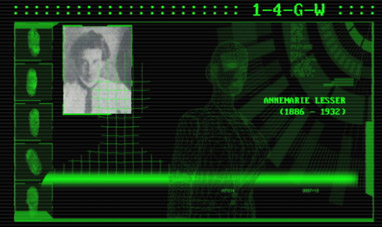

FRÄULEIN DOKTOR
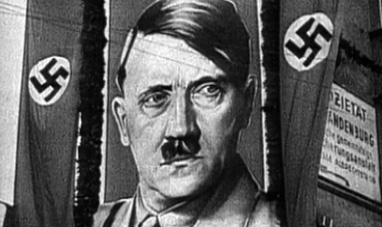

ADOLF HITLER
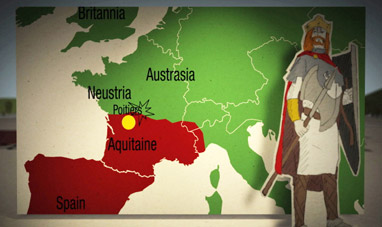

CHARLES MARTEL
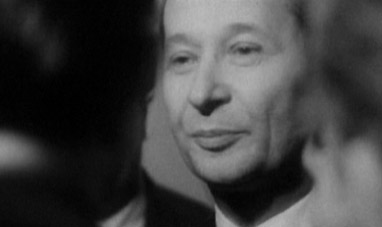

ALEXANDER DUBCEK


KIM PHILBY
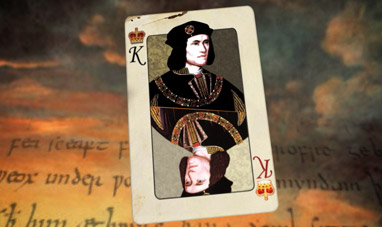

RICHARD III


LUCREZIA BORGIA
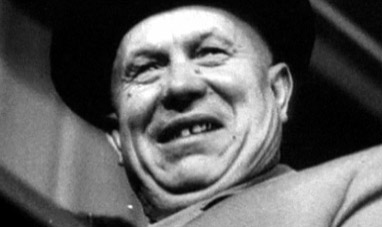

NIKITA KHRUSHCHEV
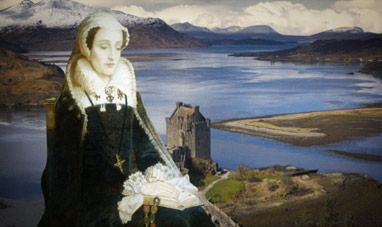

MARY STUART
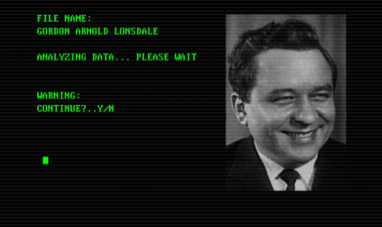

GORDON ARNOLD LONSDALE
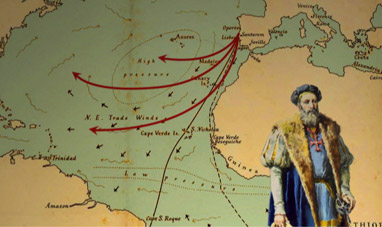

PEDRO ÁLVARES CABRAL
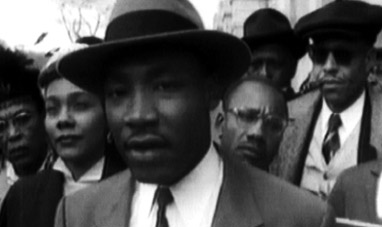

MARTIN LUTHER KING


YASSER ARAFAT
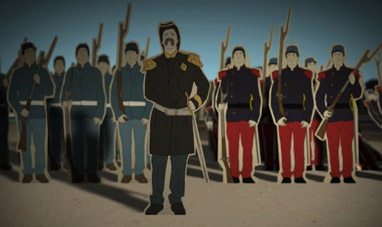

PATRICE DE MAC-MAHON
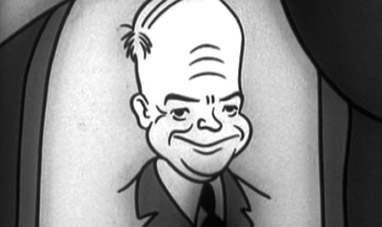

DWIGHT EISENHOWER
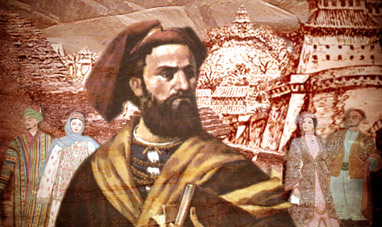

MARCO POLO


RICHARD SORGE
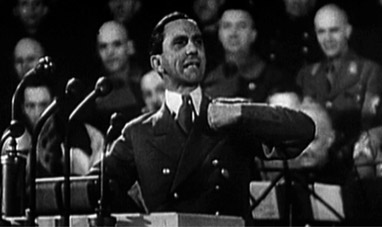

JOSEPH GOEBBELS
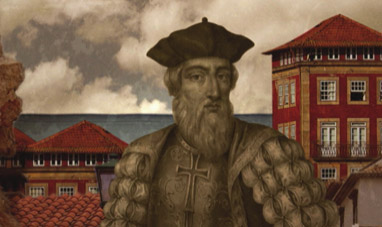

VASCO DA GAMA
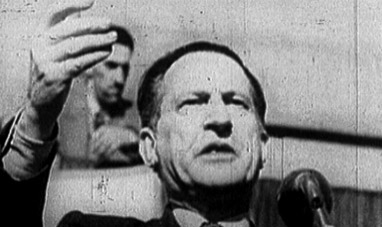

ALCIDE DE GASPERI
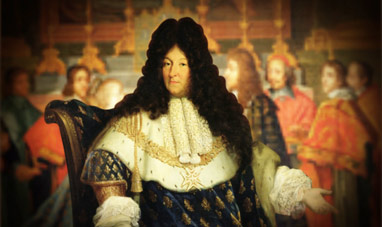

LOUIS XIV, THE SUN KING
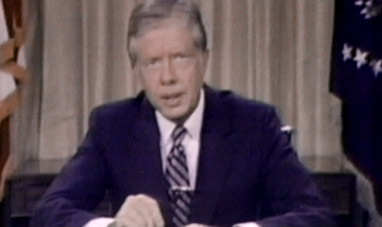

JIMMY CARTER
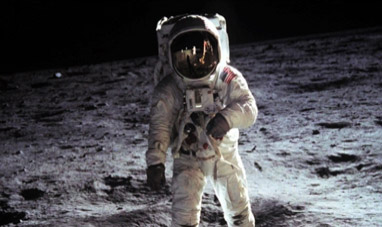

NEIL ARMSTRONG
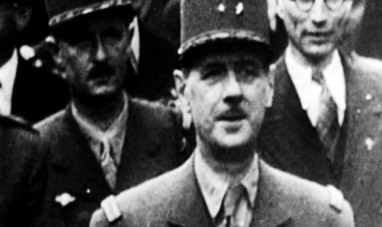

CHARLES DE GAULLE
